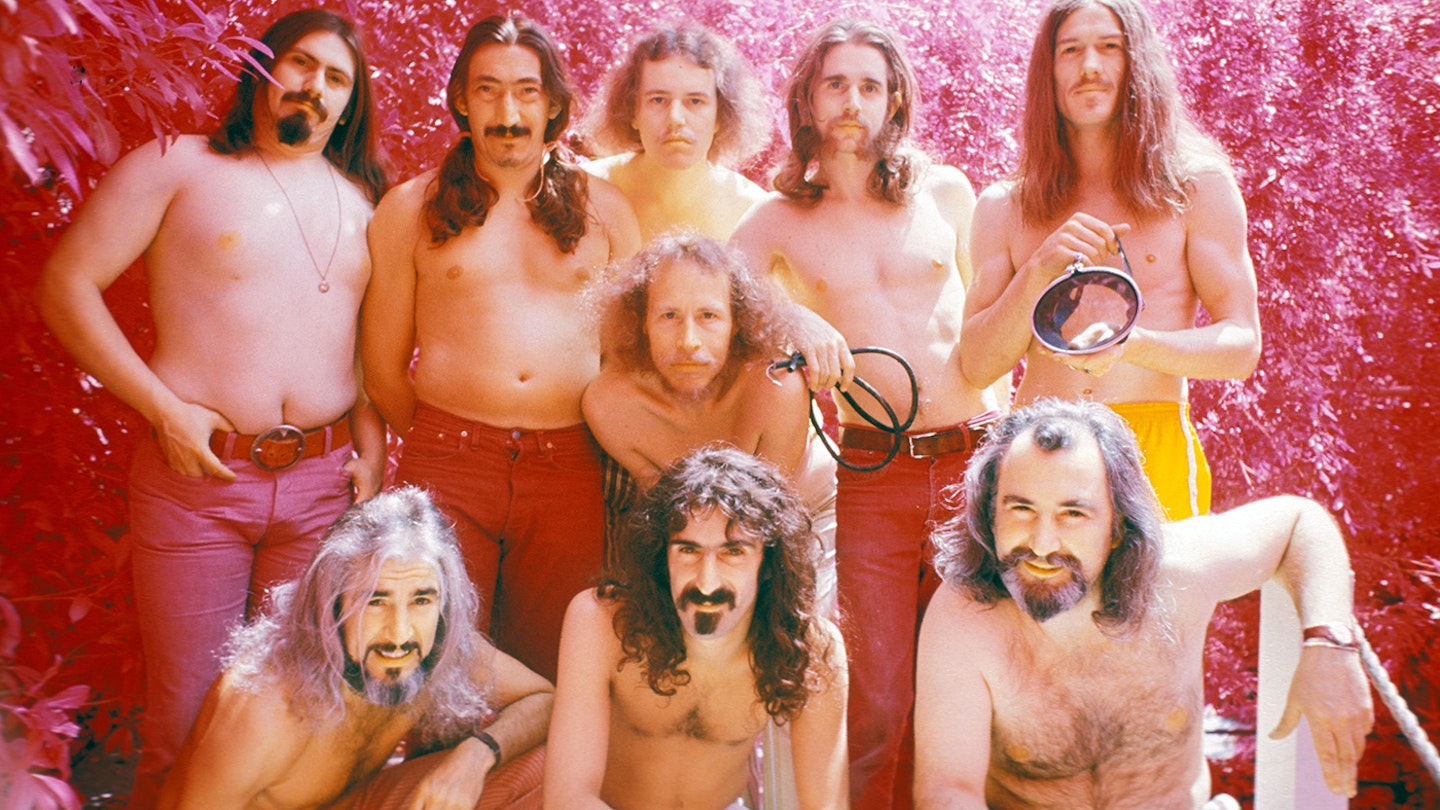“In every town there’s one screwball, a bit of an outcast who is ridiculed but also perhaps slightly revered because he may dare to think differently. He may like our music,” proclaimed Frank Zappa in 1967, on the eve of the release of the first Mothers Of Invention LP Freak Out! In the ensuing 26 years, until his death on December 4, 1993, Zappa revelled in his outsider status, channelling his anger through his work and using humour as much as his virtuoso talent to create some of the most challenging and provocative music of the Twentieth Century.
His body of work ranges from psychedelia, hard rock, jazz-fusion, progressive rock, doo-wop, avant-garde to modern classical music. Such was his prolific nature that when your correspondent met him a few months before his death, he was unsure whether he’d released 52 or 54 albums. The labyrinthine complexity of his catalogue has since extended to over 75 albums - a world in which the listener can truly get lost. As a result Zappologists have long and often highly charged conversations over his most essential recordings. Ask 10 Zappa fans for his best albums and you’re likely to get 10 different lists, followed by a series of explanations and the odd revision. This selection should therefore act as a primer for the great man’s work. Those seeking a compilation by way of introduction should possibly ask their FZ-loving pal to compile a playlist. Failing that, the next best thing is possibly the Zappa’s Picks collection compiled by Primus guitarist Larry Lalonde, which outstrips the 16 track Best Of offering released on Rykodisc in 2004. The latter is unsatisfying, gathering Zappa’s most popular tunes but underlining the fact that a real introductory anthology is sorely missing. As our list suggests, however, Freak Out! is as good a place as any to begin your journey into Zappa-dom.
10.
Frank Zappa And Ensemble Modern
The Yellow Shark
ZAPPA RECORDS, 1993
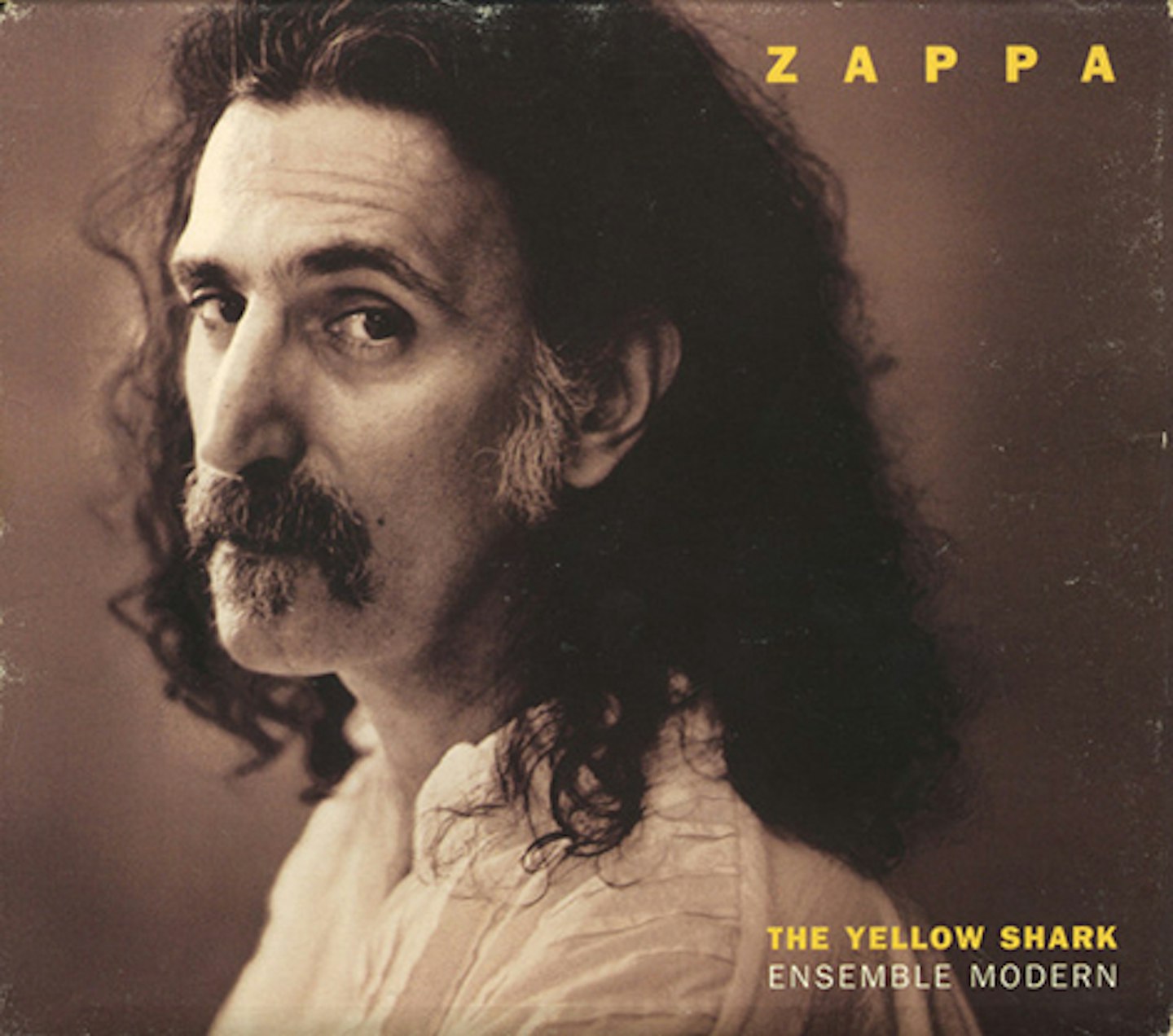
Zappa enjoyed a love-hate relationship with classical music. While he admired modern day composers, he loathed the fact that classical performances were often such matters of ceremony. His own classical forays were at times disappointing (the exhumation of material by his baroque namesake, Francesco Zappa, for the material that made up 1984’s album of the same name being a case in point), but The Yellow Shark isn’t one of them. Introduced by FZ, conductor Peter Rundel leads the Frankfurt-based Modern Ensemble through 19 tracks culled from Zappa’s canon and proves just how well suited his material is to such orchestral treatment, G-Spot Tornado and all.
You say: “An essential stop, and I recommend to book a hotel.” Osgood, via mojo4music
9.
Frank Zappa And The Mothers Of Invention
Uncle Meat
BIZARRE/REPRISE, 1969
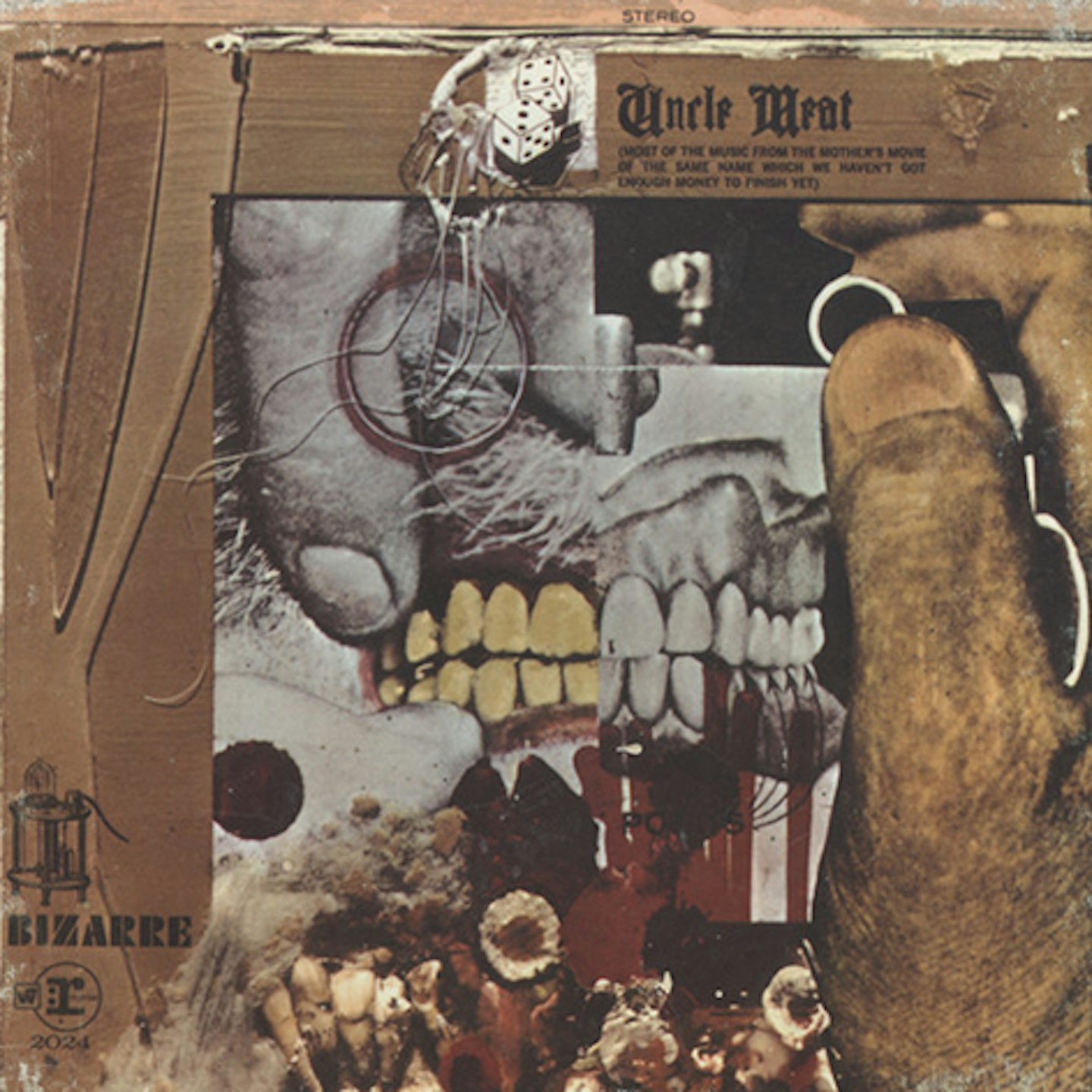
Having courted controversy through his lyrics, Zappa’s sixth album was designed to place the focus firmly on his instrumental prowess by containing “music from The Mothers’ movie of the same name which we haven’t got enough money to finish yet”. The result is rich with Zappa’s arch and artful compositions typified by the dissonant guitar workout of Nine Types Of Industrial Pollution and recurring motifs of Dog Breath and King Kong. Housing a flimsy concept – Uncle Meat kidnaps a rock’n’roll band and drugs them in a bid to use them and music to secure world domination – the album itself remains a meditation on Nixon’s America.
You say: “Ridiculously inventive playing… general batshit insanity.” Conform to deform, via mojo4music
8.
Frank Zappa
Chunga’s Revenge
BIZARRE/REPRISE, 1970
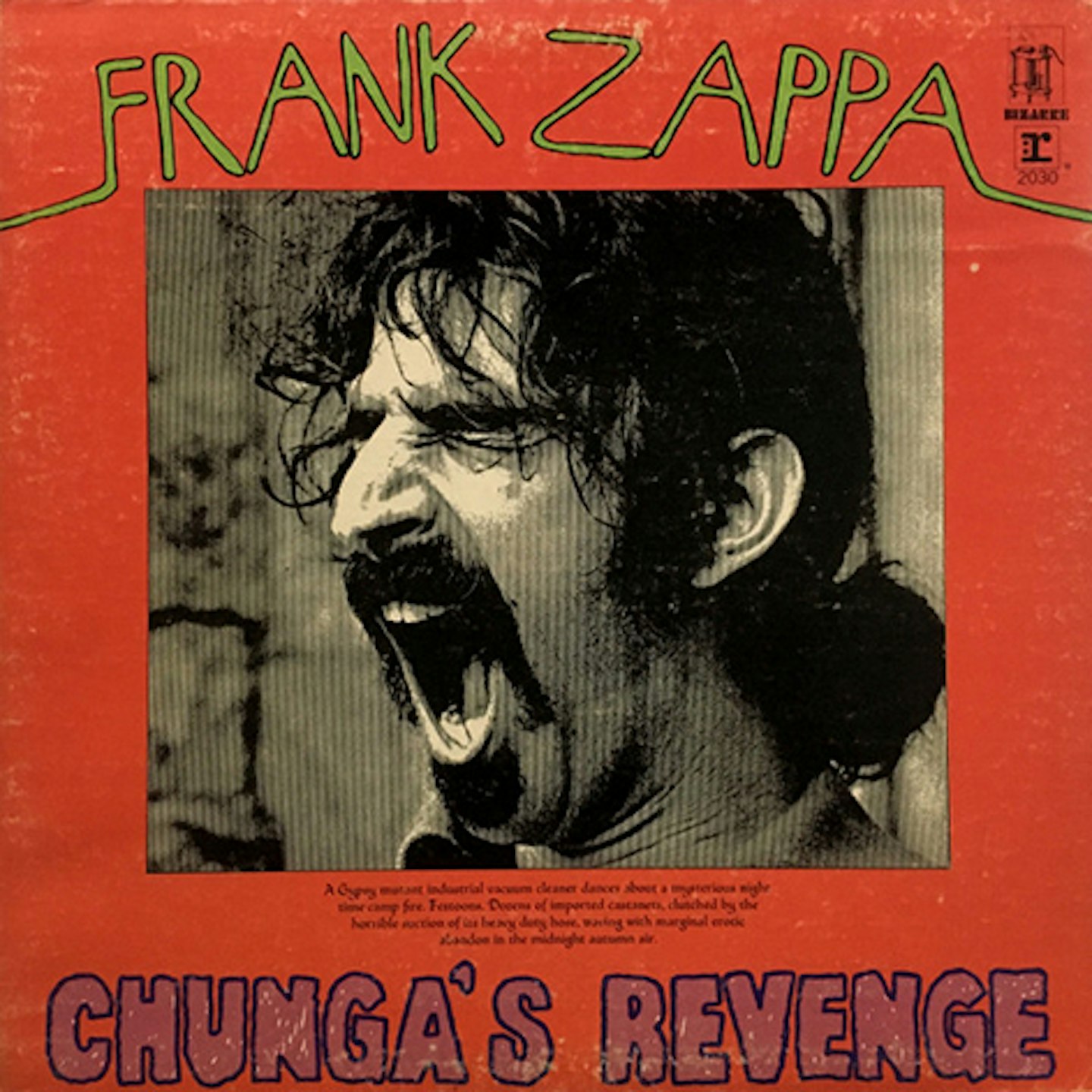
Featuring the talents of comedic harmonists Flo & Eddie, Chunga’s Revenge upset a number of hardcore Mothers fans due to the incorporation of the vocal duo. Away from such petty prejudices, Chunga’s Revenge remains one of Zappa’s most consistent, not to mention heavy sets – the latter showcased by clattering opener Transylvanian Boogie and the righteous supplication of Tell Me You Love Me, both of which sit alongside jazzier moments like Road Ladies, Twenty Small Cigars and The Nancy And Mary Music. The title track sees sax player Ian Underwood using a wah-wah on his alto and also showcases Zappa’s dexterity as a guitar player.
You say: “An overlooked work… the title cut makes it all worthwhile.” Jedd Beaudoin, via mojo4music
7.
Frank Zappa
Joe’s Garage Acts I, II & III
ZAPPA RECORDS, 1979
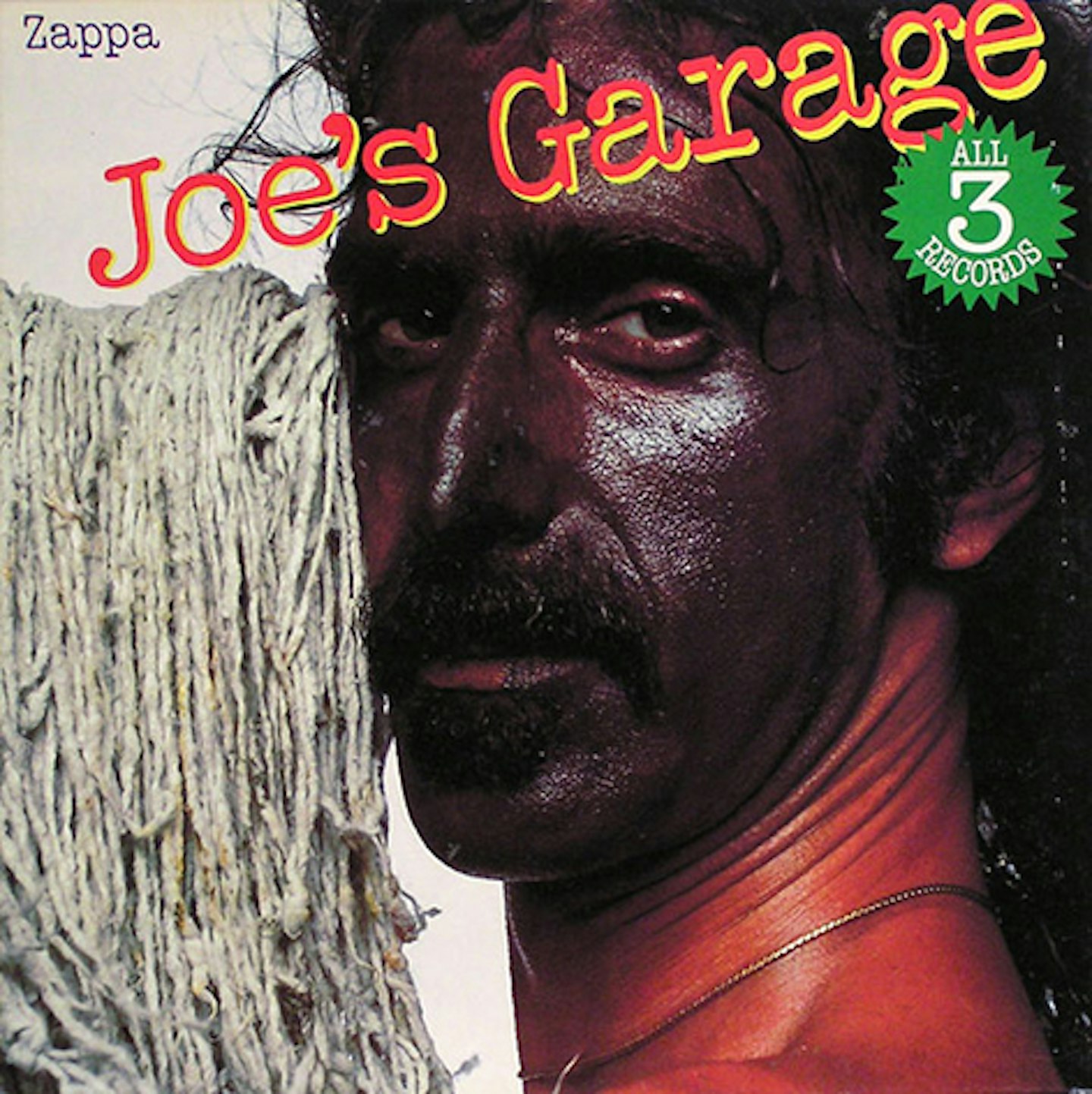
Narrated by the spook-voiced Central Scrutinizer – a governmental agent whose job is to “enforce laws that haven’t been passed yet” – Joe’s Garage is a three-disc, 19-track anti-censorship opera. As if to inflame the politically correct, Zappa himself appears as a blacked-up janitor on the sleeve and packs in a sexist threesome of tracks - Catholic Girls, Crew Slut, Fembot In A Wet T-Shirt – for good measure (itself viewed from a “stupid-looking white sort of male person’s” point of view). For all of its caustic intent and outrage, the album’s finest moment is Watermelon In Easter Hay – a beautiful guitar instrumental and one of Zappa’s most celebrated pieces.
You say: “Simply Zappa's best concept album/social satire/manifesto.” Cowtools, via mojo4music
6.
Frank Zappa
Lumpy Gravy
VERVE/BIZARRE, 1968
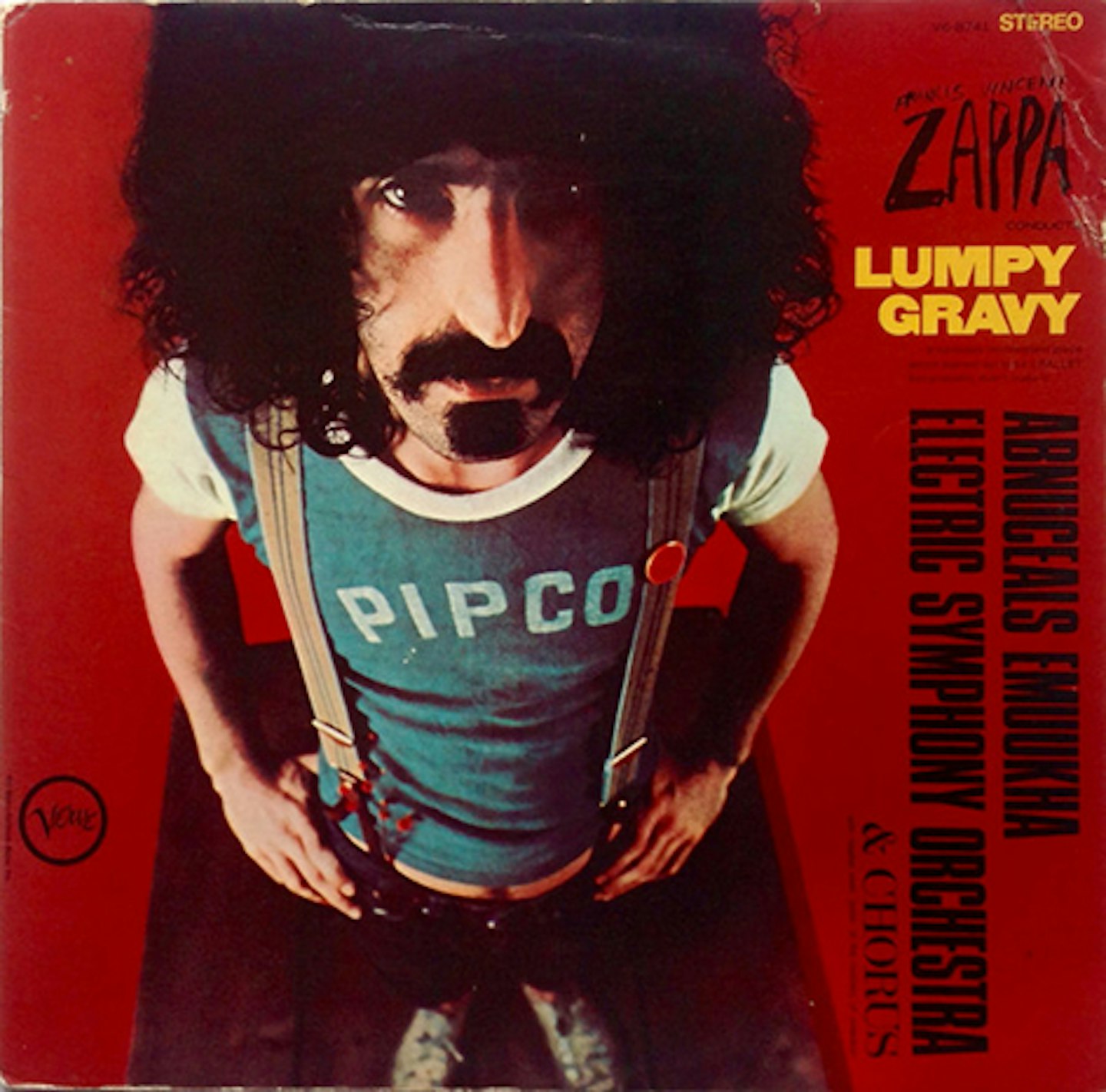
Having quoted modern composer Edgard Varèse on his debut LP, with his fourth album Zappa turned his hand to a post-modern orchestral work in two movements – both over 15 minutes each and which provided the listener with an aural collage that remains both puzzling as well as utterly absorbing over 40 years later. A lesson in how to deconstruct rock music, Lumpy Gravy remained Frank’s favourite album and is the equivalent of spinning through your radio dial and enjoying snatches of unconnected dialogue, moments of static and random music ranging from surf rock to surrealist toy tunes and classical menace.
You say: “Makes the other LPs seem accessible.” Mark Hughes, via email
See where Lumpy Gravy came in MOJO's rundown of The 50 Weirdest Albums Ever!
5.
Frank Zappa
Läther
RYKODISC, 1996
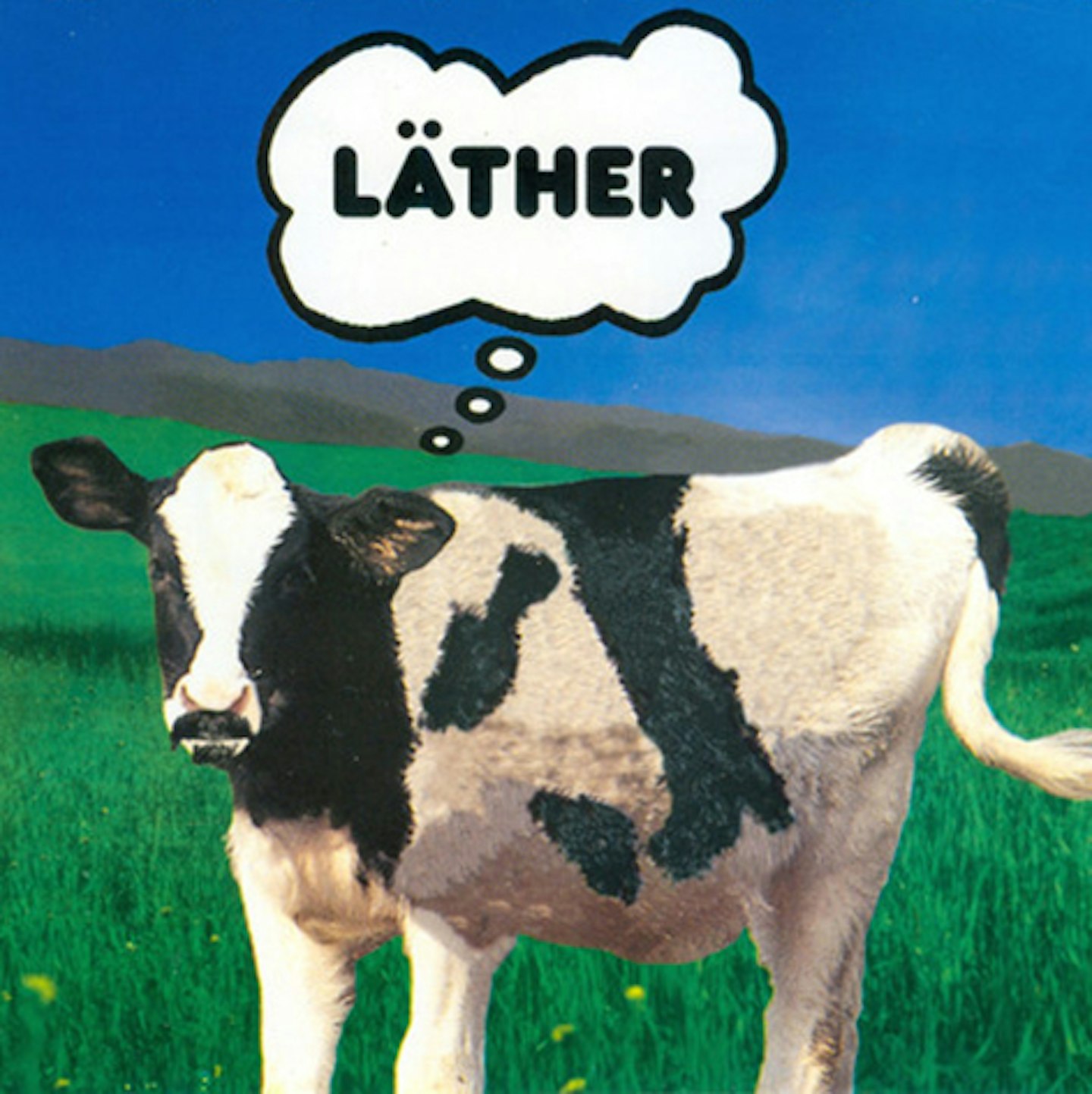
Originally intended for release as a four-record box set, Warner Brothers refused to release Läther so Zappa re-formatted the music into four albums – namely Zappa In New York, Studio Tan, Sleep Dirt and Orchestral Favourites – fulfilling his contractual obligations in one fell swoop. When the label refused to pay him for his work, in December 1977 Zappa broadcast the album on the radio and invited fans to tape it. Läther finally emerged in its intended form as a posthumous three-CD set and remains the most complex of his widely available work, and a sprawling critique of the excesses of rock music.
You say: “The full Zappa gamut… get it.” Pete Garner, via email
4.
Zappa/Mothers
Roxy And Elsewhere
DISCREET, 1974
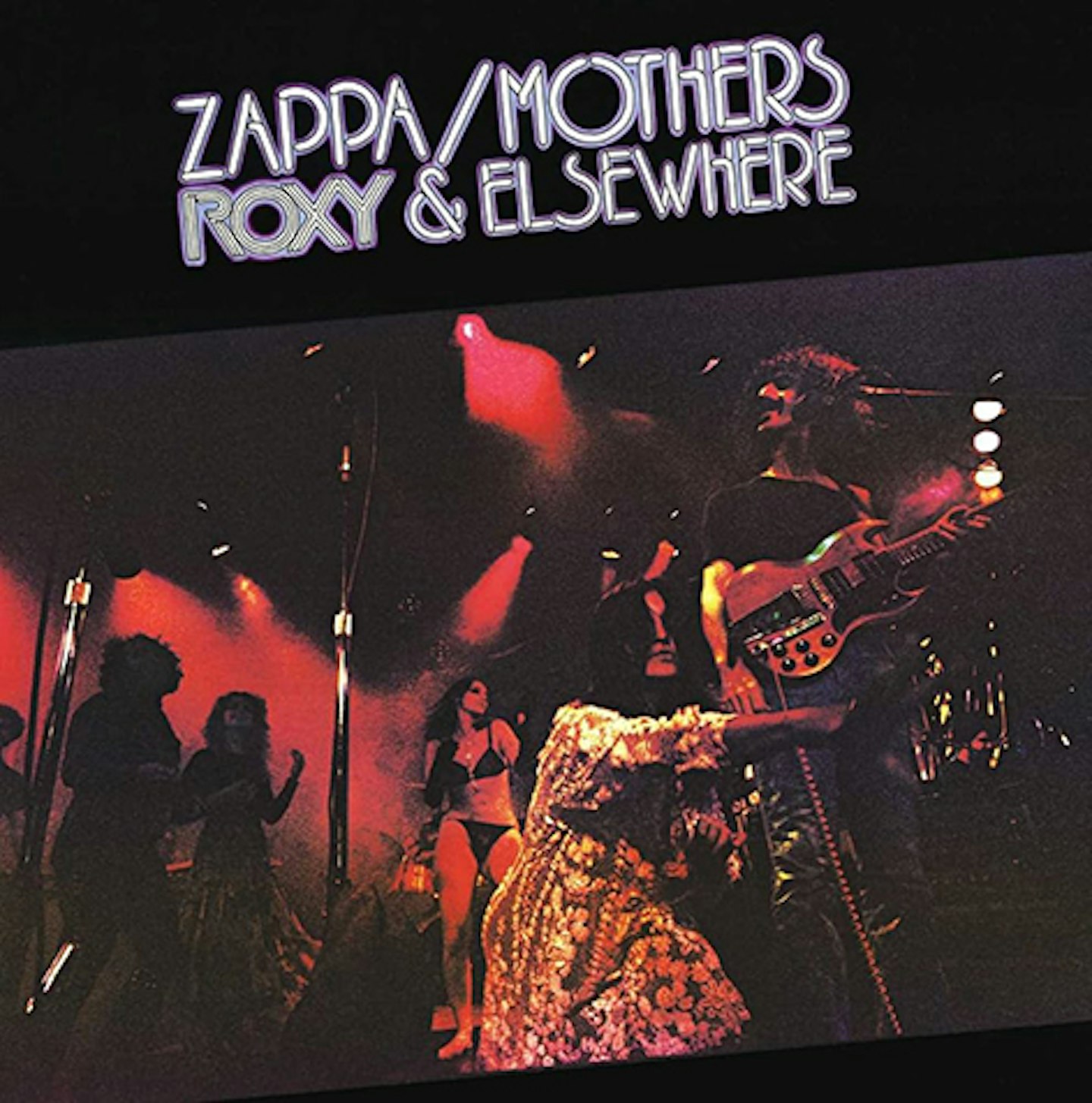
While there are a vast number of FZ live sets, this is his most satisfying capturing the band of Zappa, George Duke, Chester Thompson (drums), Tom Fowler (bass), Bruce Fowler (trombone), Ruth Underwood (percussion) and Napoleon Murphy Brock (vocals) at the height of their powers. The spoken preamble to Penguin In Bondage leads into a set of virtuoso performances that are quite staggering, the apex of which is Echidna’s Arf (Of You) and Don’t You Ever Wash That Thing? Existing video footage of the Roxy shows confirms that at that time Zappa’s band were one of the most fluid and exciting outfits out there.
You say: “Super-technique with real soul… awe-inspiring.” Salmacis, via mojo4music
3.
Frank Zappa And The Mothers Of Invention
One Size Fits All
DISCREET, 1975
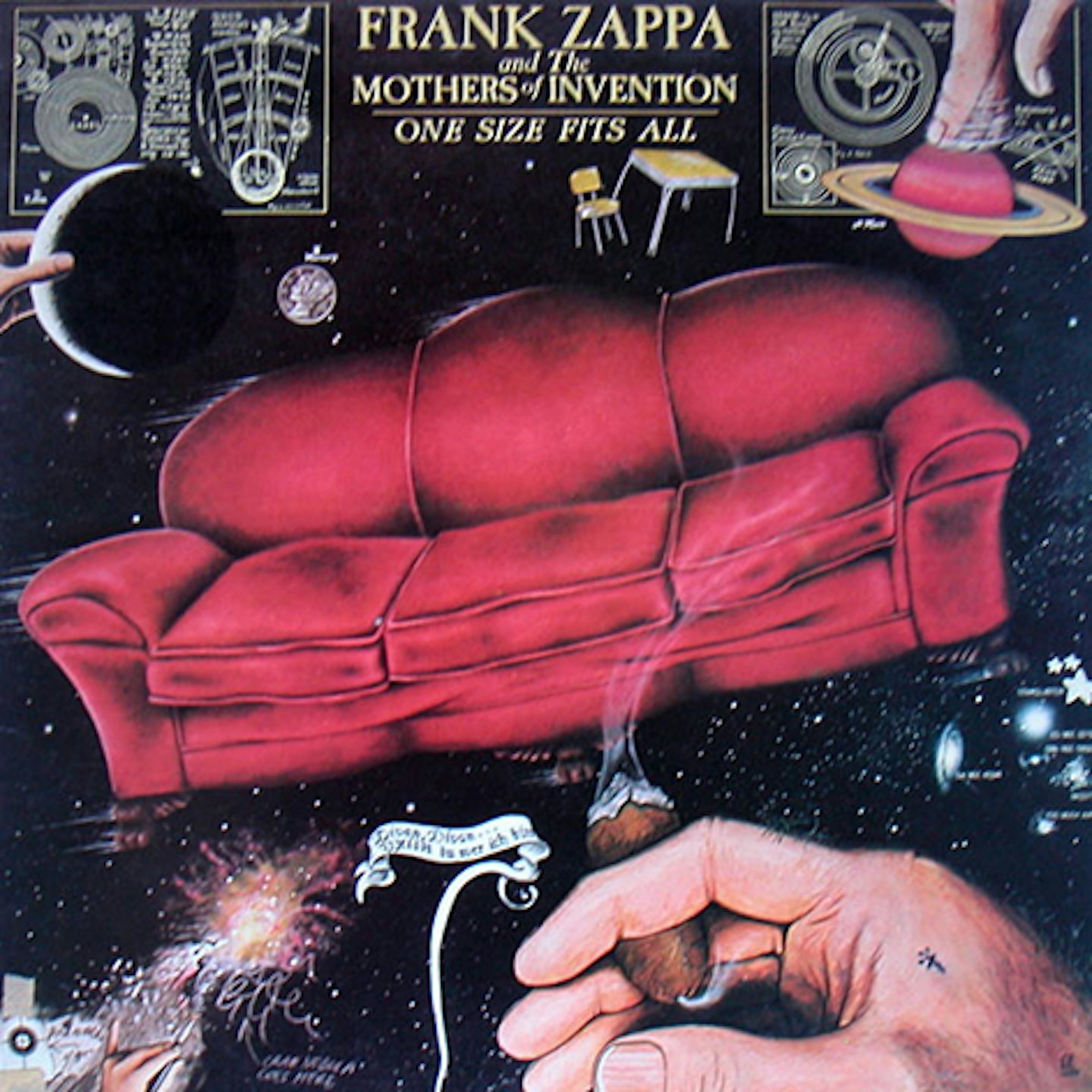
While Zappa enjoyed bona fide commercial success with Overnight Sensation and Apostrophe (the latter ’74 set reaching Number 10 in the US), this nine-track affair is the most satisfying of his so-called funky ‘70s period, its title and content reflecting on capitalism’s endgame. Musically, the album revolves around the twin axis of soul - Inca Roads and the cod Germanics of Sofa No 2 (both with keyboard player George Duke on vocals), along with Po-Jama People - and hard rock (the recession-chiming Can’t Afford No Shoes, Florentine Pogen and Andy). The result is both lyrically socio-political and musically cohesive.
You say: “Tricky parts, not much potty humor, and if they can get through that…” pata, via mojo4music
2.
Frank Zappa
Hot Rats
BIZARRE/REPRISE, 1969
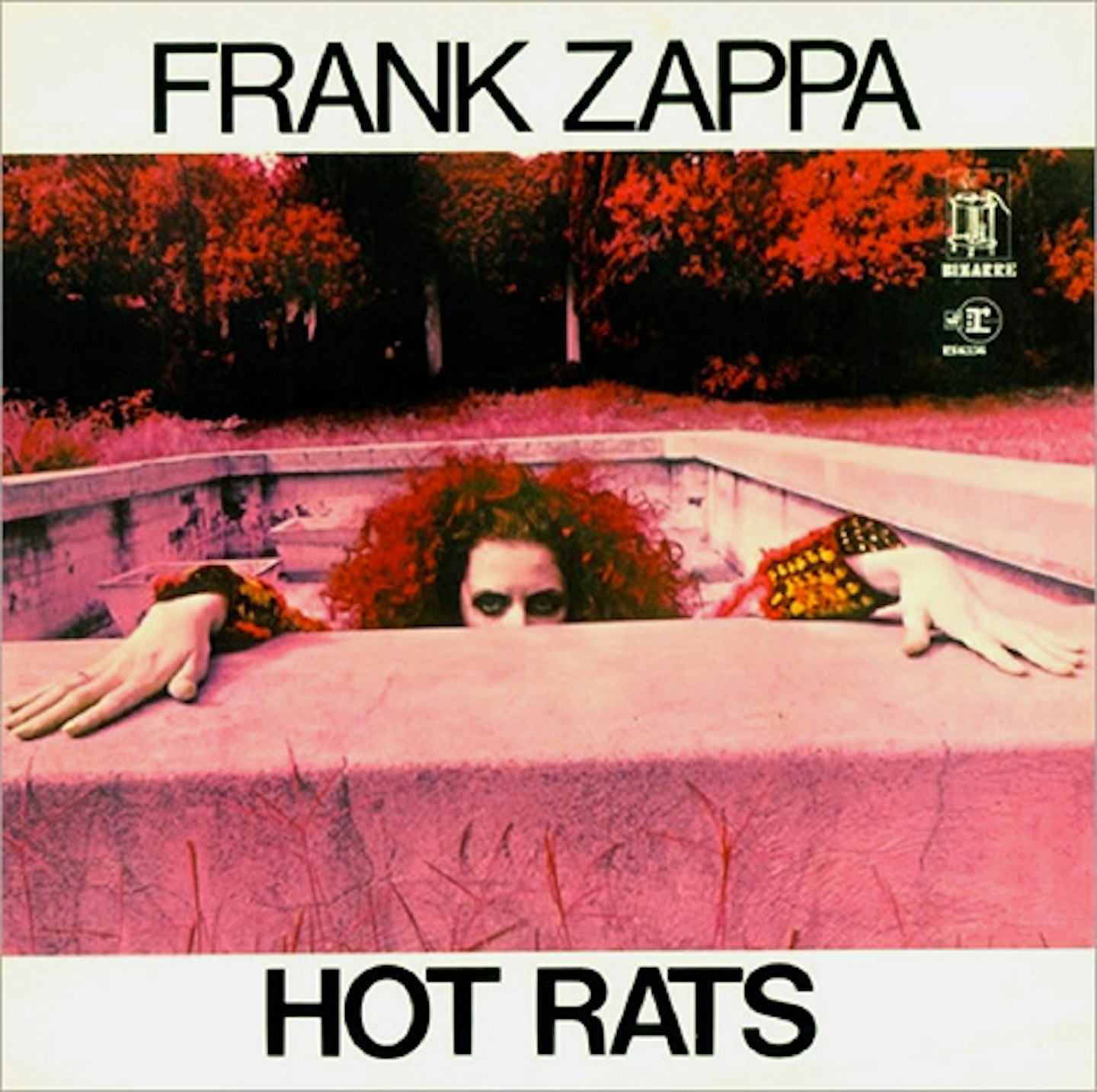
Hot Rats marks the first time Zappa used a 16-track studio and he employed a line-up of crack jazz and R&B musicians including violinists Jean Luc Ponty and Don ‘Sugarcane’ Harris (aka the ‘Don’ in Don & Dewey), and Wes Montgomery’s drummer Paul Humphreys. The result is a cogent six-track exercise in jazz-rock fusion with the added attraction of FZ’s typically serrated edge. Theme-like opener Peaches En Regalia (featuring Shuggie Otis on bass) sets the tone for a largely instrumental outing that, despite Captain Beefheart’s gnarled psychosexual vocals on Willie The Pimp, lets the music to the talking.
You say: “If you're only going to buy one… Beefheart has fun here.” spiderjohn, via mojo4music
1.
The Mothers Of Invention
Freak Out!
VERVE, 1966
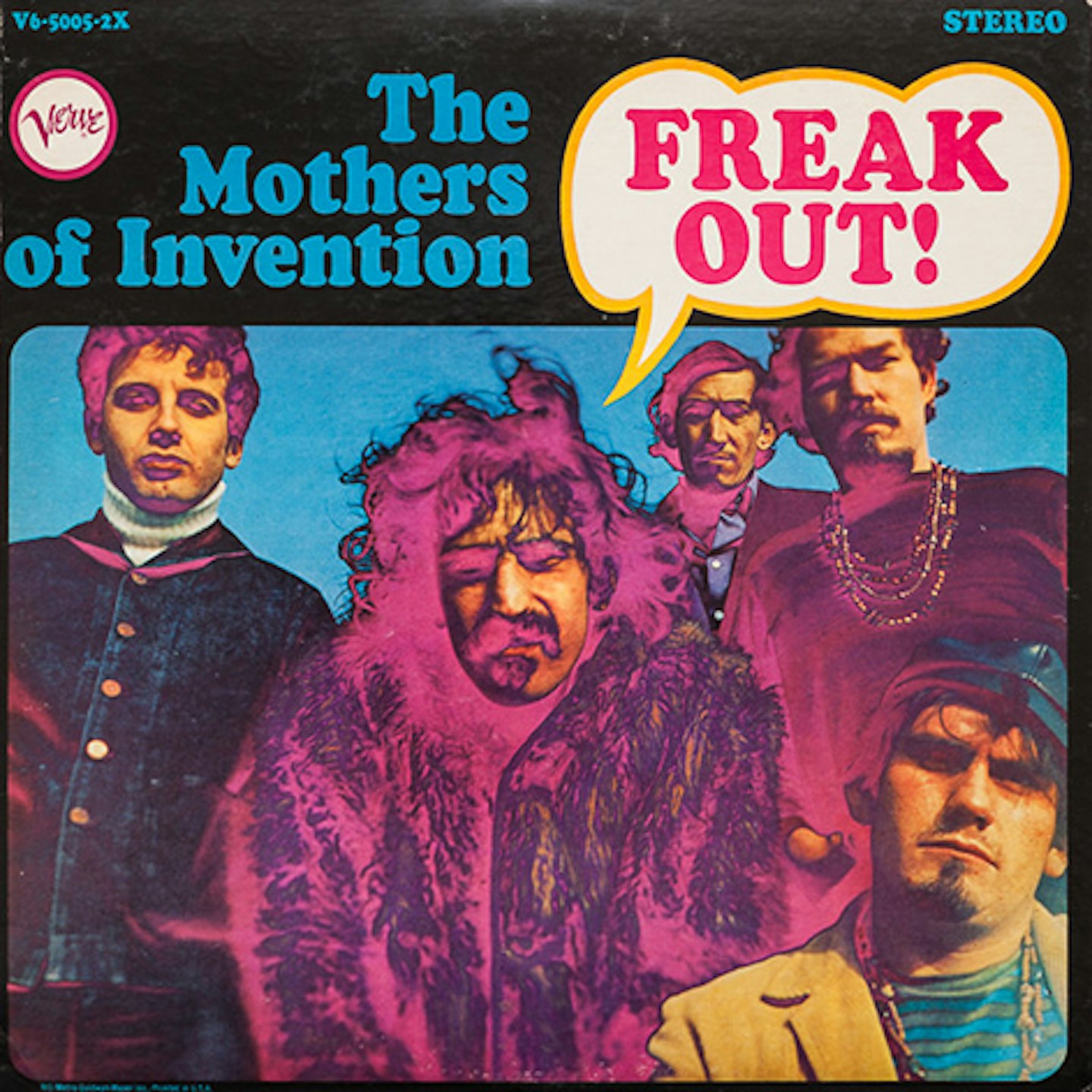
Ardent Zappologists lost in the churning depths of the man’s catalogue will question The Mothers’ 1965 debut hogging this top slot. But for the uninitiated it is both his most accessible offering and the template for the rest of his career with many of FZ’s principal themes seeded on this riotous Tom Wilson-produced double. The notion of pop as insurrection (Hungry Freaks, Daddy, its sub-Satisfaction riff welded to an attack on “Mr America”), rock as improvisation (the 12-minute-plus avant work-out of The Return Of The Son Of Monster Magnet recorded at 1.00am with $500 of rented percussion) and music as satire (the doo-wop pastiche of Go Cry On Somebody Else’s Shoulder) all contribute to Freak Out!’s scabrous critique of its own time.
You say: “Elements of psych, doo-wop, blues, garage and graveyard shift alchemy… Get it for it’s first-ness.” Gregory Griffith, mojo4music
Avoid These!
Zappa’s vast catalogue does include a number of albums that remain the preserve of solely the most fanatical of Zappa supporters. Among them are 1984’s Francesco Zappa and the 1983 set, The Man From Utopia, which gathers together a selection of live and studio material that is humour-heavy. Undoubtedly the worst series of releases to bear Frank Zappa’s name, however, are the eight discs of Rhino’s Beat The Boots, released in 1991. A compilation of bootlegs, the sound quality is beyond suspect, and Frank himself described the set as “burnished turds”. Those seeking additional live Zappa thrills are advised to head for the You Can’t Do That On Stage Anymore series instead.
Picture: Pictorial Press Ltd/Alamy
